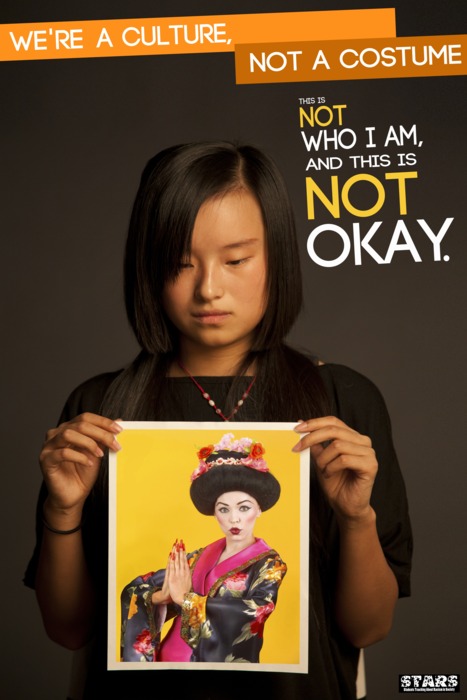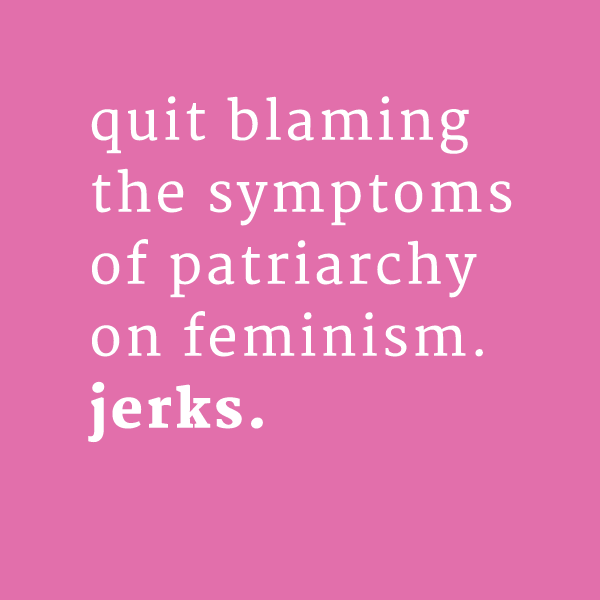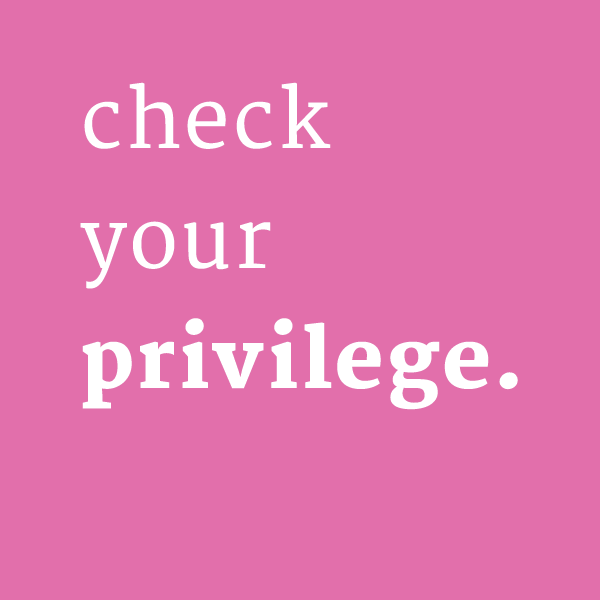
*The pun in the title is sick (even though the metaphor isn’t perfect), so please get it.
Nothing is more fascinating to me than the mundane activities of (my) everyday life.
Identifying, thinking about and ultimately navigating the unspoken, implied social rules in any given context is something that I find challenging, but also generally hilarious.
Since becoming a full-on grown up, one of the most challenging activities that I carry-out on a pretty much every-other-daily basis is grocery shopping. Despite all of this very regular practice, I am still incapable of conducting myself like successfully socialized human being while shopping for food: there elements of the entire experience that I simply do not understand. The following (non exhaustive) list outlines the largest sources of my grocery shopping confusion and frustration:
1. Carts: I hate carts. I hate them even more when I have to somehow locate a quarter to release one from a chain of them– so not only do I have to grocery shop; I now have to emotionally reconcile the fact that the grocery store doesn’t trust me not to steal the cart, which as I said, I hate. I almost always end up opting for a hand basket — if I actually manage to find one. Committing to a cart is similar to how it feels to switch from a cool sporty, agile car, to a clunky, but practical mini-van. No one feels hip when they’re pushing a cart, but sometimes your circumstances call for it. The hand basket often works out very poorly for me, because after a few minutes, it gets so heavy that I have to use both hands to carry it. That said, when I do end up with a cart (I usually cave if I have to buy a case of pop), I almost always find myself in/starting a cart jam. I get confused about who has the right of way, and question why we don’t have turn signals or brake lights, or hazard lights (because sometimes you just have to make an emergency stop). It’s always mayhem, and I end with major aisle rage.
2. Avocados: If you want to eat one today, you better remember to buy one 3 days ago.
3. I don’t know where anything is: Where is the sriracha? Is it in the (problematically labelled) ‘Foods of the World’ aisle? Isn’t all food “of this world”? Or is it with the condiments? Where do I find a meat thermometer? What about chapstick? Sundried tomatoes? Peanut sauce is always elusive. I have often googled “which aisle would _______ likely be found in a grocery store?” This works never. I call for the implementation of a Dewey Decimal-like system, but for food. It just makes sense.
4. The Checkout Process: This really comes down to the cart again. When it is finally almost over and I get in line, and the person in front of me places the conveyor belt relay baton/grocery divider on the belt (do this, it’s rude not to), I have to make a decision: When I ultimately enter the narrow magazine, gum and candy bar-lined lane, do I stay behind my cart, or do I get in front of the cart, and awkwardly pull it? Being in front feels and looks odd, but it is much more efficient in terms of loading the groceries. I’ve actually asked cashiers what they recommend, and the consensus is that it is a very strange question.
5. Bags: I have a stash of reusable bags. We all do. But, I forget them 70% of the time, or I didn’t bring enough. When it comes time, and the cashier asks if I need to buy bags, my guilt and shame almost always lead me to proudly say “no”. It is at this point that I shove as much of the small items in my purse as possible (most will stay lost in there indefinitely), and pile the bigger items on top of each other until they hit eye level. This leads to the worst walk across the parking lot ever, and I feel strangely raw and exposed, while peering out over my 50 pack of generic brand tampons, trying to find the car.
This is but one of the seemingly mundane, routine activities that leave me bewildered. There are plenty of layers to this, perhaps the most obvious being the gendered element of grocery shopping (like other unpaid work). I was, and continue to be a feminist. But, in my 20s, I thought that I’d be living this awesome, radical and subversive life, where I would be smashing the white supremacist capitalist patriarchy on the reg. Here I am in my 30s, for a billion different structural and personal reasons, leading a really, hegemonically white feminine suburban life, and I’m not complaining because I am privileged, but it wasn’t what I prepared for.
Super markets are kind of a metaphor for my life course: unpredictable, difficult to prepare for, and sometimes a little overwhelming…
and really not scary at all, but becomes that way when I’ve over thought it, and turned it into a whole thing, and probably I should just chill out.



